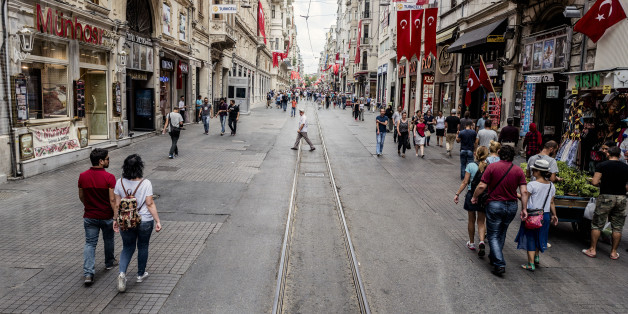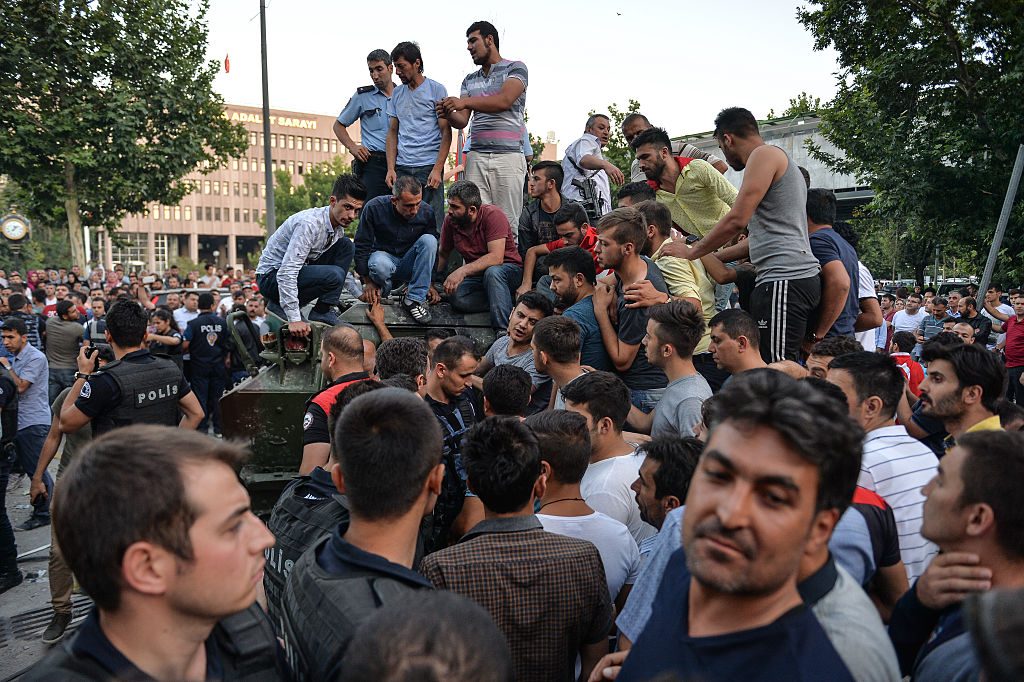
The courage displayed by the Turkish people and its government, both supporters and opponents of Erdogan, is a valuable lesson for politicians around the world.
There’s a valuable lesson in the reactions of the opposition to the attempted coup. They supported the regime’s legitimacy, and refused the military’s attempt at power. It was clear that the opposition set its disagreements with Erdogan aside in favor of democracy.
Turkey has had to endure the horrors of military rule for years. As the military’s most recent victim, Turkey’s Prime Minister Necmettin Erbakan was forced to step down in 1997.
This month, a few misguided Turkish generals attempted to exploit the support of some countries in the region, as well as the rising attacks on the ruling Justice and Development Party’s (AKP) foreign policy. This attempted coup posed a true test to the Turkish economy.
Those who have been following the ongoing conflict in the Middle East are familiar with Turkey’s strategic role in the region. The tension in Syria has further bolstered Turkey’s role — particularly since the country is considered to be the most important passageway for people going in and out of Syria.
As a result, a coup would have had massive repercussions in the region as the security of neighboring countries is closely tied to Turkey’s.
The attempted coup in Turkey this July brought back memories of the coup that took place in Egypt in June 2013.
It’s natural to wonder why the coup succeeded in Cairo, yet failed in Istanbul, given the resemblance of the democratic transition taking place in both countries.
In Turkey, the opposition chose to democratically stand against the coup, putting the interests of the country before the party’s.
Some people believe the reason lies in the foreign policy decisions made by former Egyptian president Mohammed Morsi versus those made by Erdogan this month. Some would say that the former wasn’t well-prepared to lead the country, and that he was not well-protected against traitors and those with dual interests.
Meanwhile, Erdogan was skillful and dexterous, and made the necessary maneuvers before taking power in a country that had suffered from military rule at various junctures throughout its history.
Also notably different was the behavior of the opposition and the media in Egypt. In Turkey, the opposition chose to democratically stand against the coup, putting the interests of the country before the party’s.
This is definitely a reflection on the AKP’s political experience and expertise. Meanwhile, members of the Muslim Brotherhood in Egypt had spent so much time in prison that they lacked the political experience they needed to cope with the political and media craftiness exercised by the military at the time.
After the failed coup against Erdogan, his opponents, before his supporters, will acknowledge that his regime is the most powerful in the history of modern Turkey. This incident will show Arab politicians that there’s a reason they have not been able to gain the trust of their peoples and protect their countries against such bloody coups as the ones that have unfolded in Egypt, Mauritania and other countries.
This post first appeared on HuffPost Arabi. It has been translated into English and edited for clarity.

